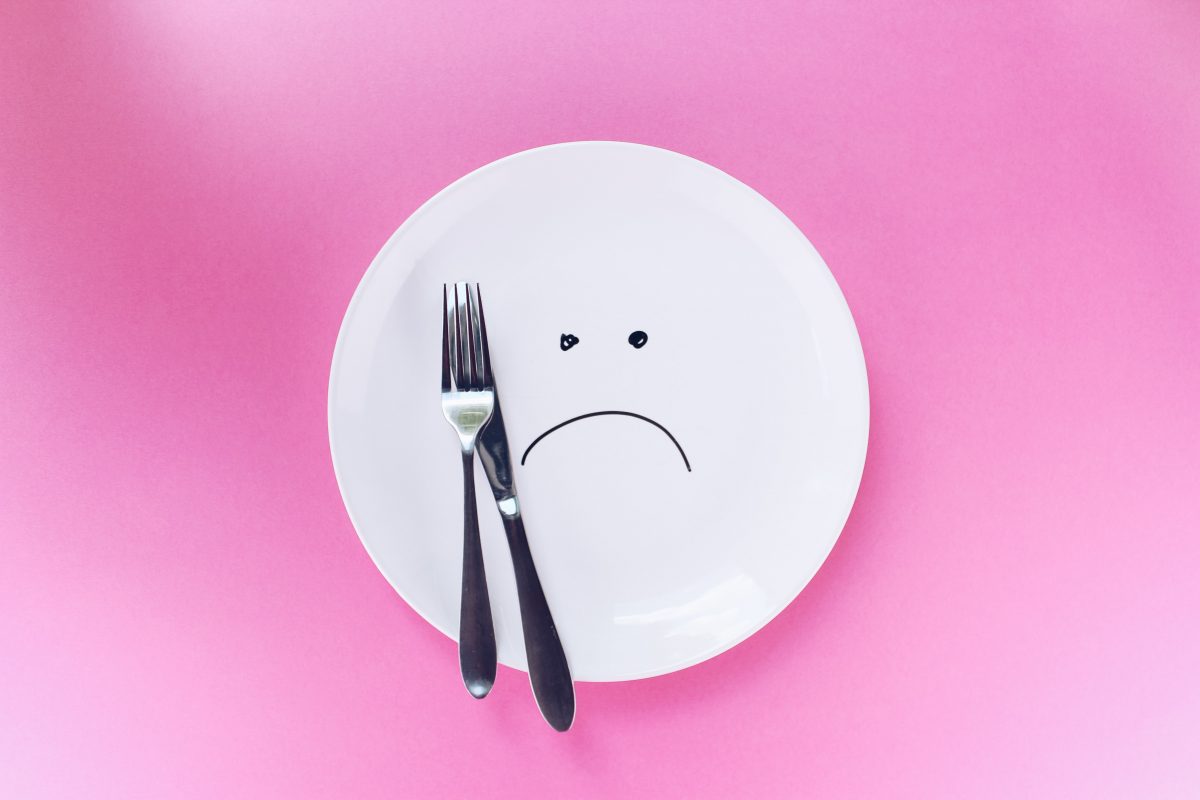
Is a Hormonal Imbalance Making You Moody, Anxious, and Overweight?
Dr. Caroline Leaf – The hormonal problem and solution with Dr. Anna Cabeca, OB-GYN and hormone expert: We all know that our hormones are important, but did you know that they can impact our mood and mental health as well? In this week’s blog and podcast, I spoke to Dr. Anna Cabeca, an OB-GYN, bestselling author and hormone expert, about the neuroendocrine system, how our hormones affect our mood and mental wellbeing, how the keto diet boosts brain energy and helps us lose excess weight, and what our urine says about our stress levels.
Dr. Anna’s desire to help others was inspired by her own life story. After the traumatic death of her young son, Anna’s health started declining as she went through PTSD-induced early menopause. Even though she was a highly-qualified doctor who had trained at one of the best schools in the country, she was at a loss: nothing was working, so she went around the world looking for answers.
During her healing journey, Dr. Anna began to realize the importance of lifestyle choices and habits, and the impact they have on our hormonal health and mental and physical wellbeing. She recognized the importance of a holistic mind and body approach to health, and now teaches others how they too can heal and live their best lives!
In her incredible book The Hormone Fix, which is filled with helpful questionnaires, recommendations and tests, Dr. Anna tells women that they do not have to suffer like she did. She explains how it takes more than hormones to fix our hormones. To manage our sex hormones well, we need to focus on our lifestyle, as I discussed in a recent blog and podcast (episode #158). This includes nutrition, exercise, bioidentical hormones and stress management. If we focus on our mind and body health, we can take our health into our own hands!
Why is this important? When we experience perimenopause and menopause, which generally occurs sometime between the age of 35 and 55, we enter a period of neuroendocrine vulnerability. This often results in mood swings, irregular bleeding, weight gain, fatigue, memory loss and so on, which is typically treated with medications like birth control pills or SSRI’s. However, these drugs often have negative side-effects, and don’t work for everyone.
Stress can make this hormonal process worse, as our cortisol levels are controlled by our hormones. Cortisol is good in balanced amounts; it helps us get up in the morning, maintaining a healthy circadian rhythm, and is anti-inflammatory. Yet, if we are constantly stressed, we produce cortisol in excess, which leads to an imbalance in our hormones which affects our neuro-endocrine system. This, in turn, impacts our mental and physical health, making us anxious, forgetful, overweight and potentially insulin resistant. In fact, when our cortisol is up for too long, the brain shuts down the production of cortisol, which also shuts down the production of oxytocin. This can lead to burnout, isolation, despair, depression, inflammation, hair loss, and other health issues!
Thankfully, there is a quick and easy way we can monitor our stress levels: the pH level of our urine! Ideally, we want our urine pH to be great than 7, i.e. alkaline. Acidic urine, that is urine with a pH of lower than 7, indicates high cortisol levels, and is warning sign that you need to do some stress management. Dr. Anna has affordable, easy to use urine strips that can help you monitor your pH levels available on her website. You can purchase these strips at your local pharmacy or online.
When it comes to our health, we need to remember that the mind-body connection is real. What we think and how we manage stress directly impacts our physical wellbeing, and vice versa! This is why we should not just focus on our symptoms. We also need to look at all our lifestyle choices and how they affect our hormones and mental health, as I talked about in detail my blogand podcast (episode #158). These include:
1. What we eat. As Dr. Anna describes in detail in her new book, Keto Green 16, ketones from a natural, sustainable low carb/high fat diet are a better source of fuel for the brain and body than glucose, and can help with our hormone production and overall mental and physical health. However, for people who are insulin resistant or older, it can be hard to get into ketosis (you can also test this using a urine strip—Dr. Anna has ketosis strips on her website, and you can also purchase these strips at your local pharmacy or online), which is why intermittent fasting is also good, which trains the brain and body to turn our fat to fuel. This doesn’t mean you must eat meat: Dr. Anna has customizable plans for vegans and vegetarians in her book. If you want to learn more, you can also check out Dr. Anna’ workbook Making Keto Work.
Of course, it is also important to remember eating is not just about what you eat, but also how and when you eat, which also affects your health, as I discuss in detail in my book Think and Eat Yourself Smart. Like I always say, there is only one rule when it comes to food: eat real food mindfully!
2. Bioidentical hormones. The brain needs energy, and we are only beginning to understand how this process is dependent on our hormones. When we go through perimenopause and menopause, our hormonal balance is affected, which, in turn, impacts the brain’s source of fuel. As a result, we can experience things like memory loss, fatigue, anxiety and so on. Taking bioidentical hormones is a great way to replace these hormones naturally, especially progesterone, which helps balance systems in the brain and body, including cortisol production.
3. Managing your stress! As I mentioned above, we should always be aware of how stress affects us. If we don’t manage toxic stress and the mind, it can mess with our health. This is why we should pay attention to the physical and emotional warning signals our body and brain sends us. Don’t ignore what makes you feel uncomfortable. Face it and deal with it, before it deals with you!
This article has been modified. To read the original article click here.
For more articles from Dr. Leaf click here.






